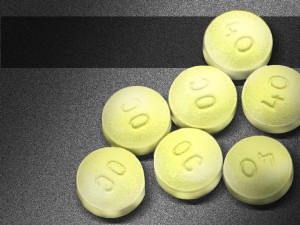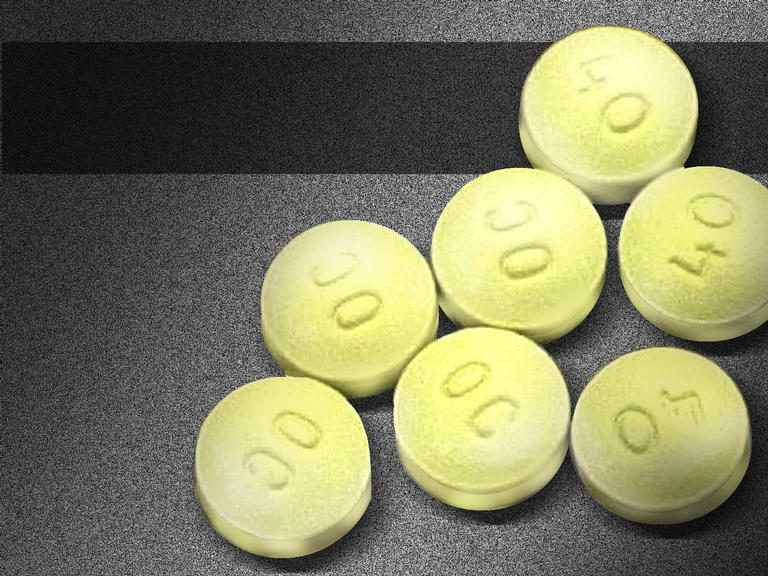 Kyle’s journey is a clear representation of the life of an addicted teen.
Kyle’s journey is a clear representation of the life of an addicted teen.
The pressure to fit in and be a part of something in high school is overwhelming and a popular and growing method of escape is drug-use. Coming from a Cobb County high school where drugs were everywhere, I can relate completely to Kyle’s struggles because I was also an OxyContin addict.
I dealt with the same battles, guilt and remorse that come with drug addiction. Once I had starting using, I was powerless. I couldn’t stop, I lost all will-power. I can relate with Kyle and his family; I have seen the exhaustion and heartbreak addiction can cause. Yes, a supportive family helps tremendously in the process of rehabilitation, but no support will keep an addict sober. To stay sober, that is the decision of the addict.
I can clearly remember my many attempts to get clean, but it was always the same. After three or four days, I wouldn’t be able to stand the withdrawals any longer and would go back to using. I was no match for this pill that is mainly prescribed to cancer patients. In the depths of my addiction, I felt as if no one could ever understand what I was going through. I felt as if I could never break the grip this addiction had over me. I felt as if my addiction had become a part of my identity, of who I was.
I couldn’t have been more mistaken.
Just like Kyle, I went to an in-patient rehabilitation center (it is not absolutely necessary for addicts to go to treatment to stay sober -- I have seen many do it without treatment). But for me, it was my best option. I had hit such a low bottom that I was ready and able to get sober.
I wanted to be able to wake up in the morning and go about my day without desperately needing the help of narcotics. I wanted to be able to live life the way it is intended to be lived, drug-free. I realized that if I wanted to achieve long-term sobriety I had to change my thinking.
Like Kyle, I was trying to numb myself to any feelings I didn’t want to feel.
In treatment, I began recognizing some of the deep-rooted reasons I couldn’t be alone inside my head. I was convinced I would never be able to listen to my thoughts. After recognizing my issues and going through intense therapy, I am able to sit with myself and be at peace. I no longer feel the need to suppress my feelings with drugs or alcohol.
My mental obsession and addiction has been removed as long as I continue to put the necessary work into my recovery. I have realized, after some sobriety, that it doesn’t matter if you want sobriety, it doesn’t matter if you need sobriety, it just matters if you work for your sobriety.
There is a popular phrase with most recovering alcoholics/addicts, “It works if you work it,” and in my case that is 100 percent true.
